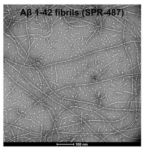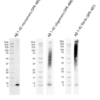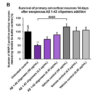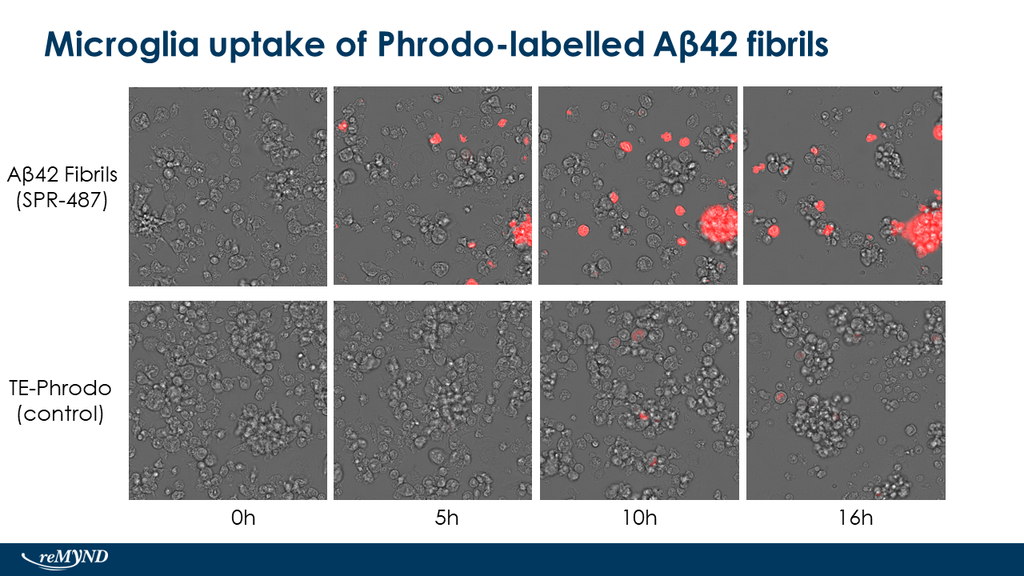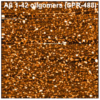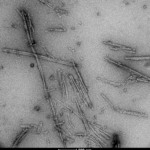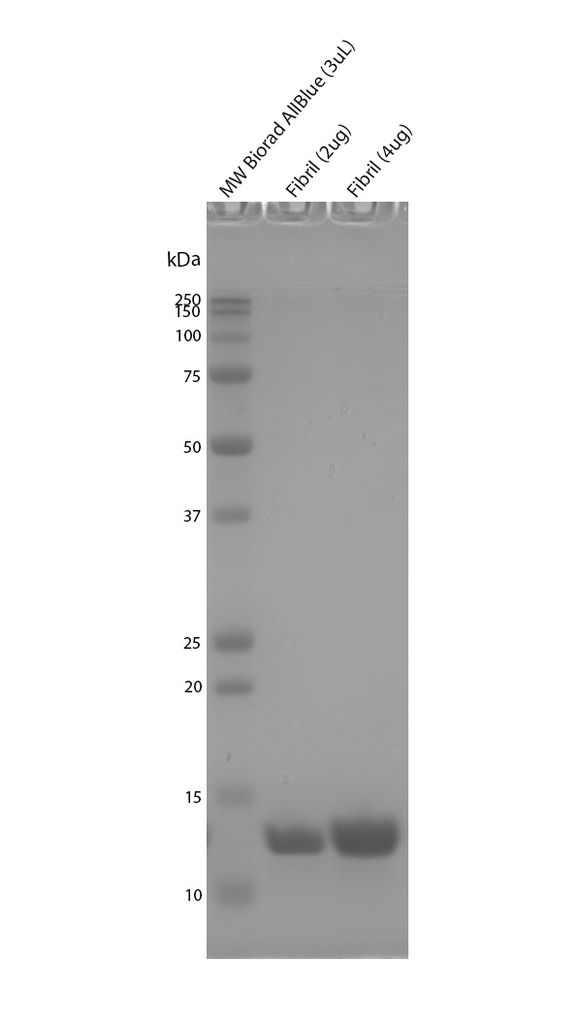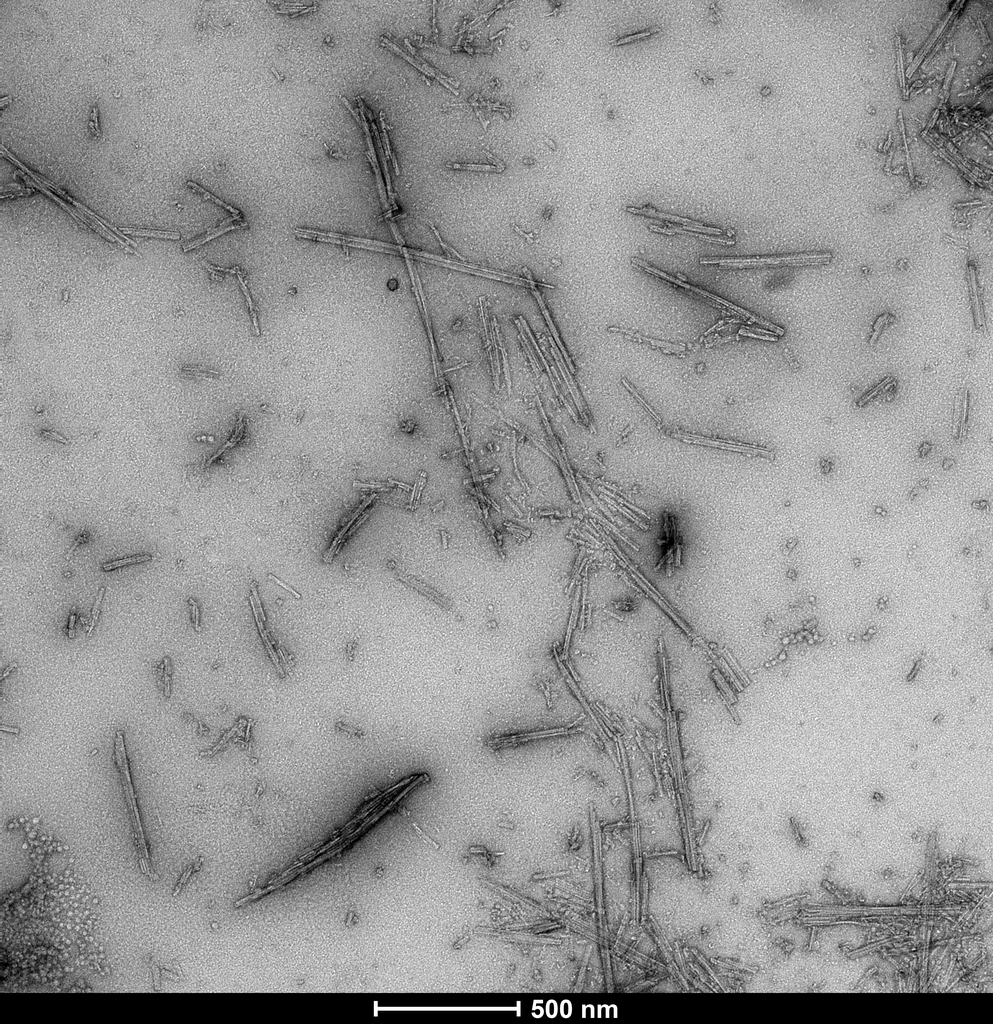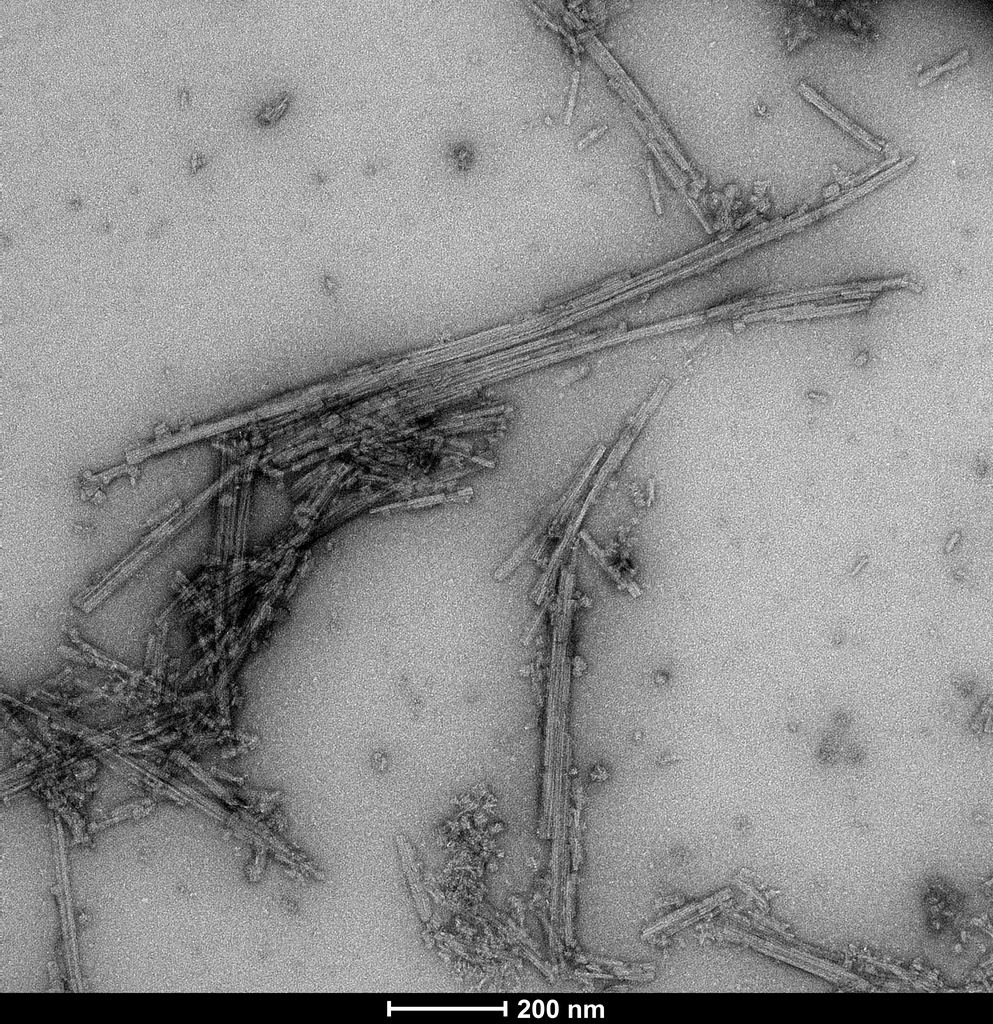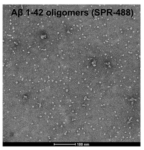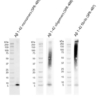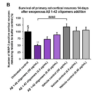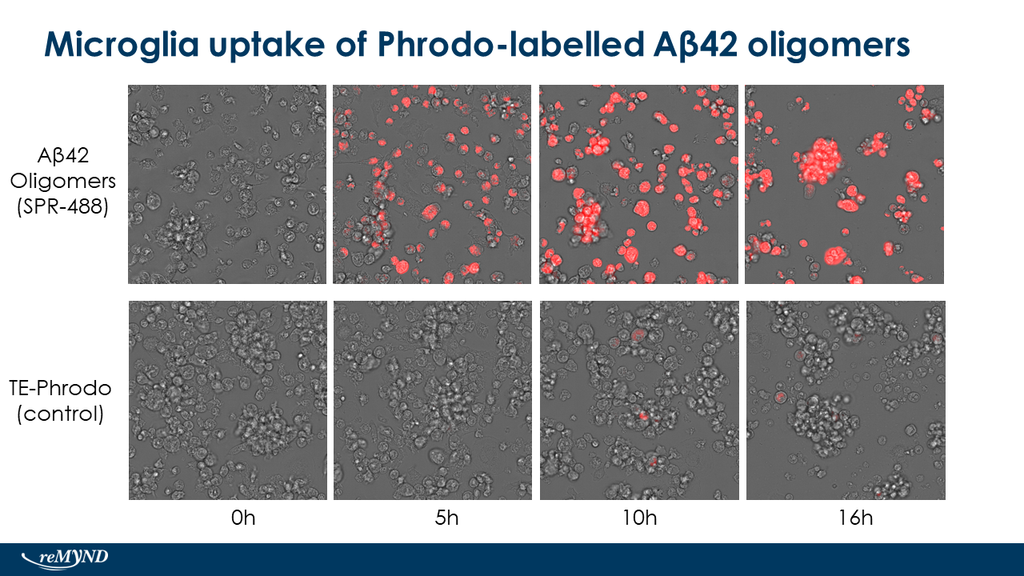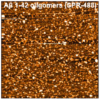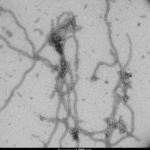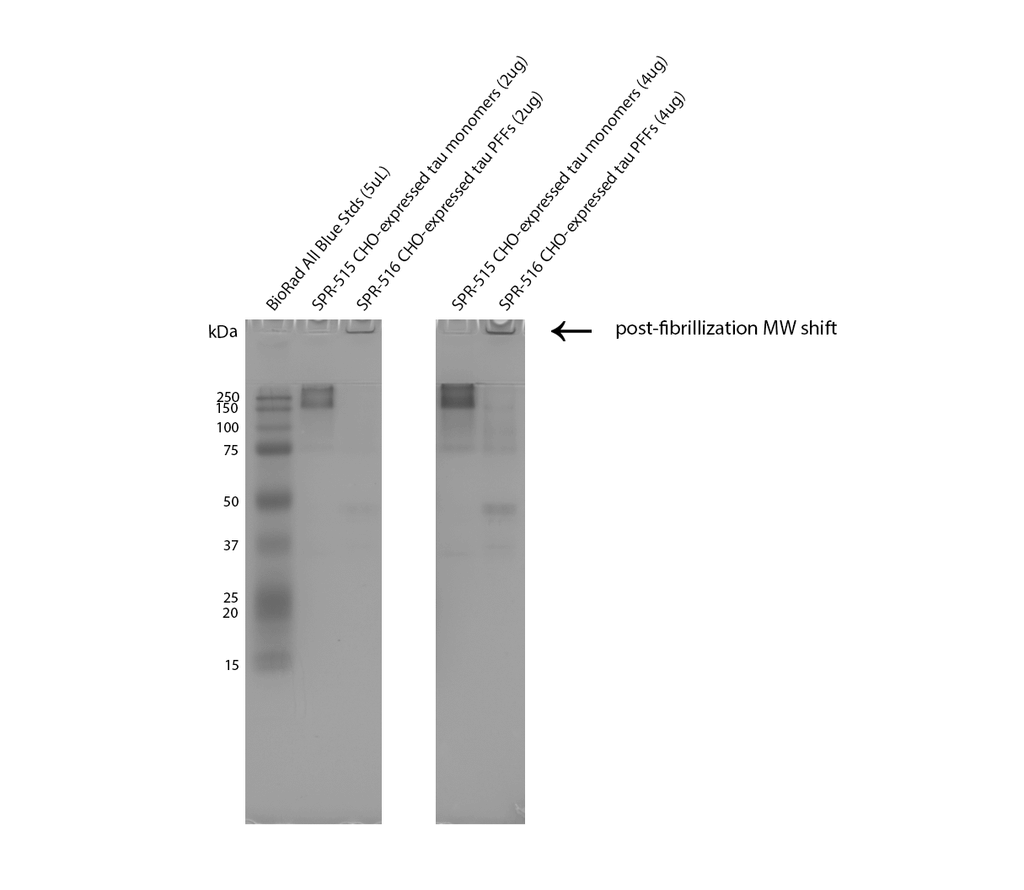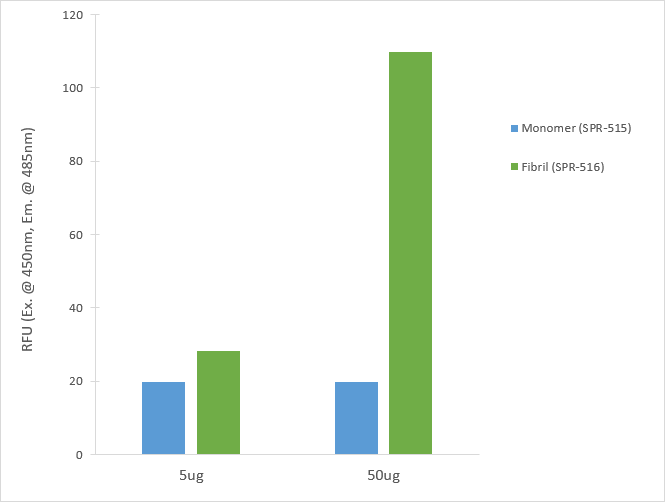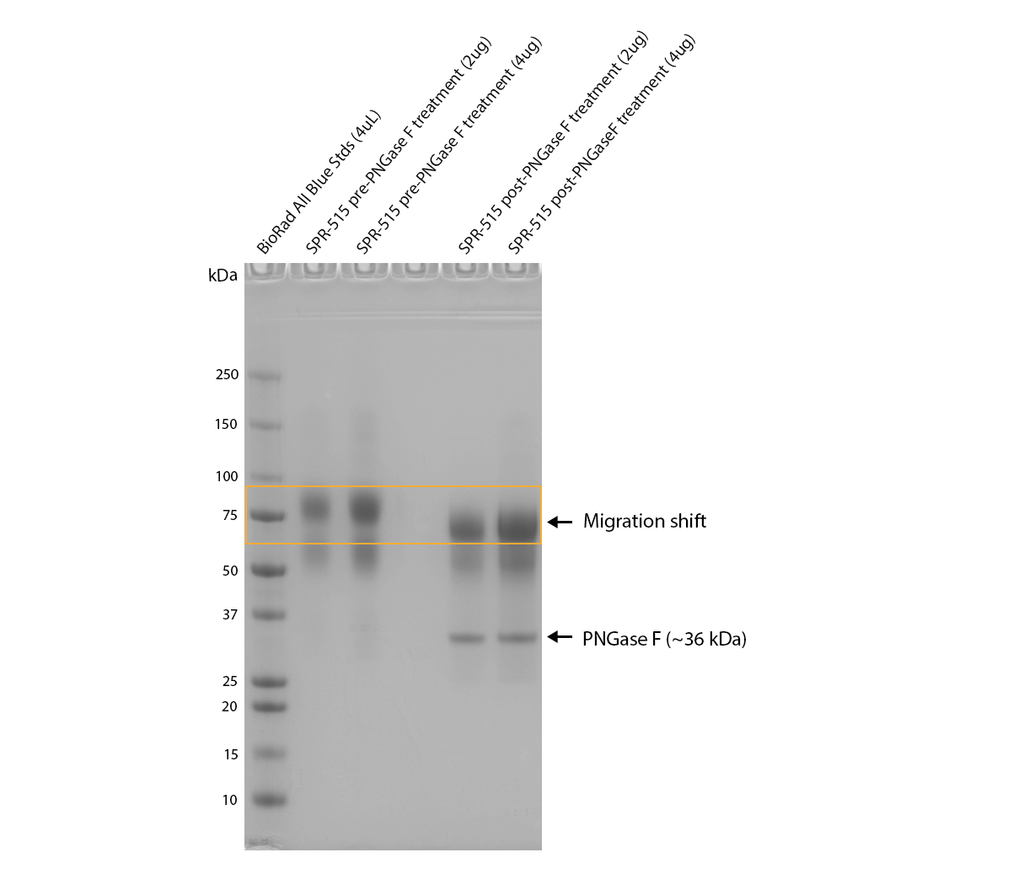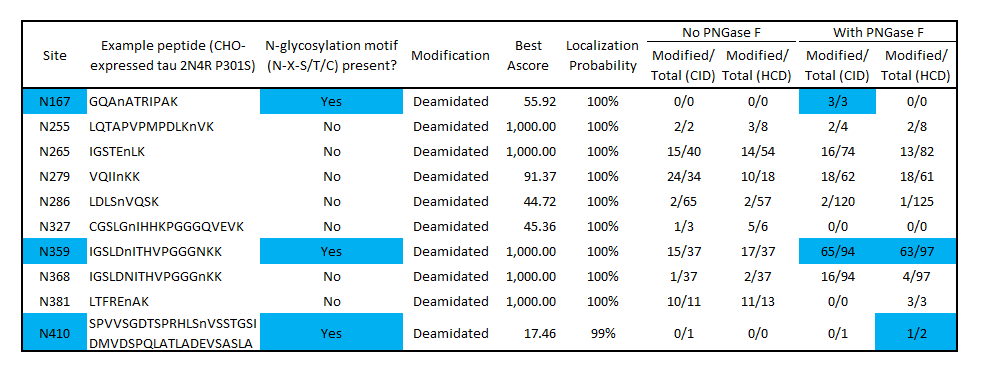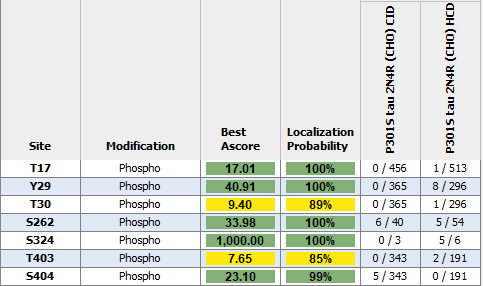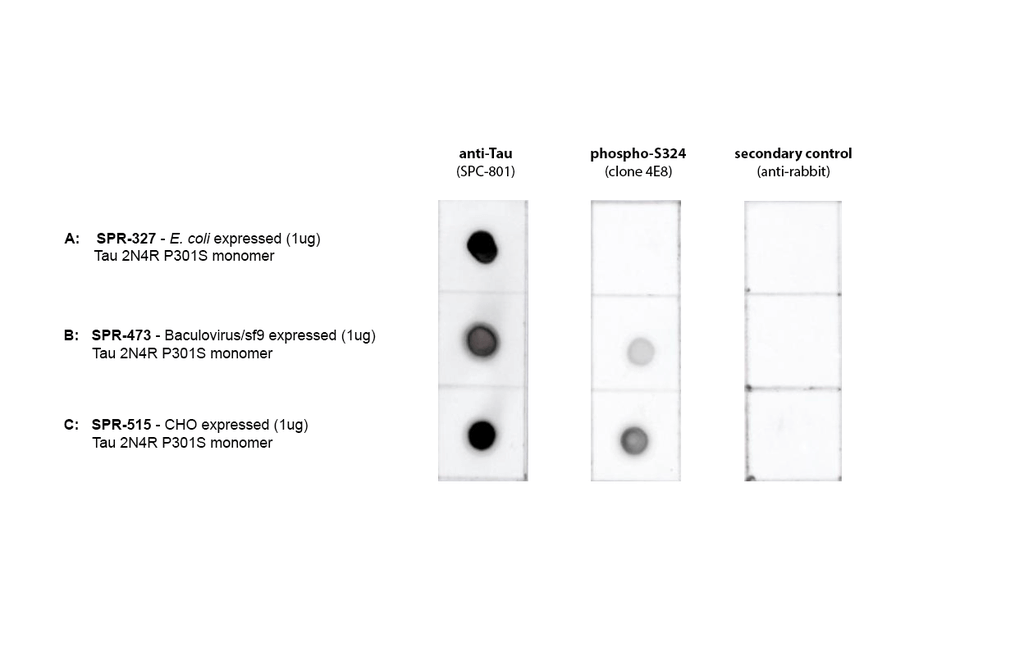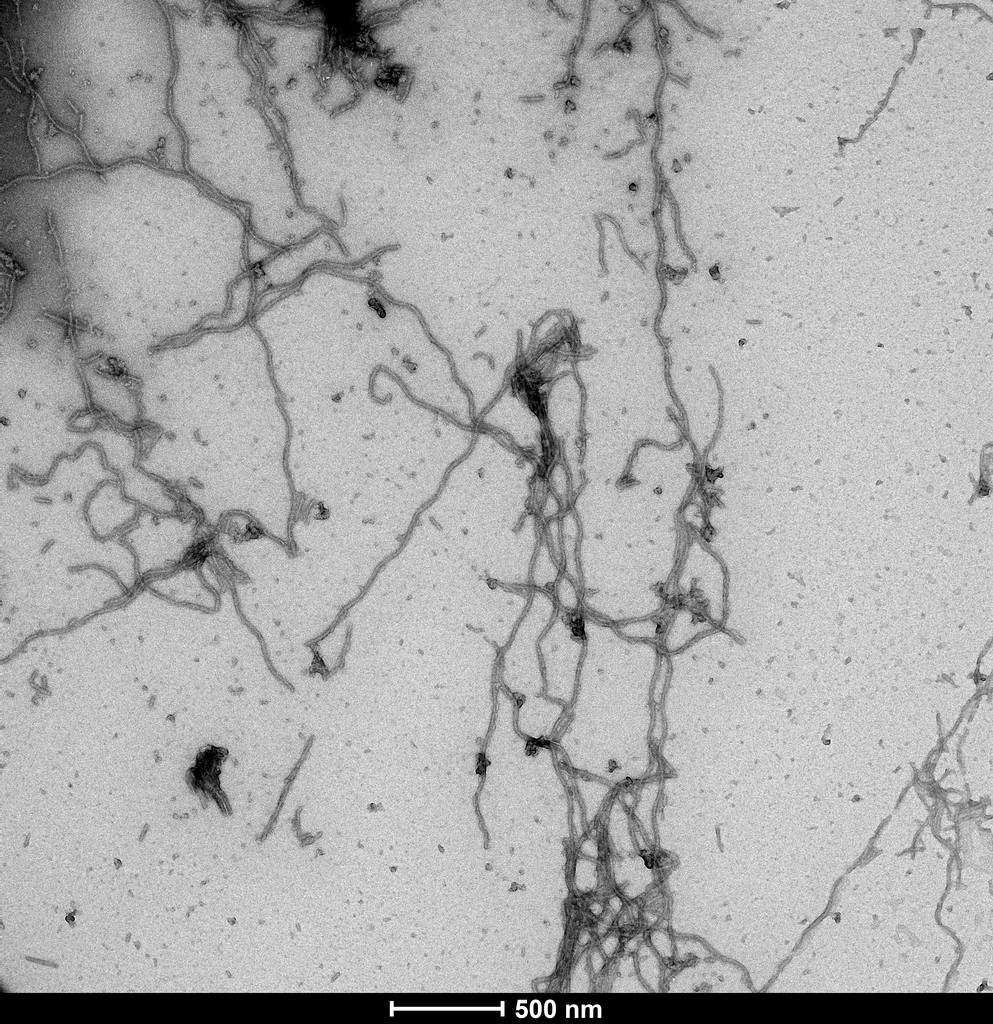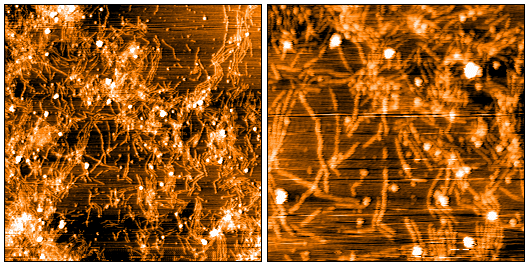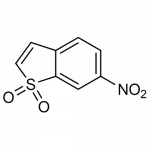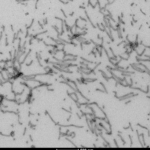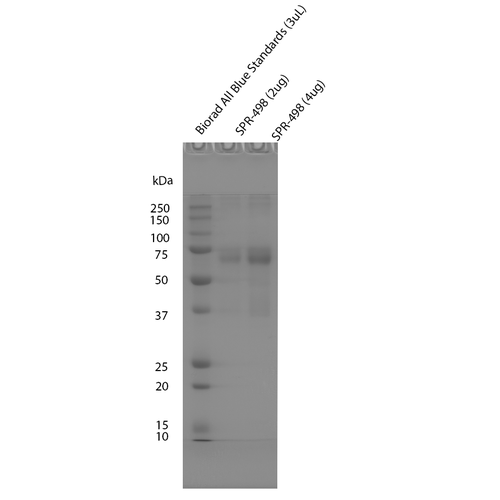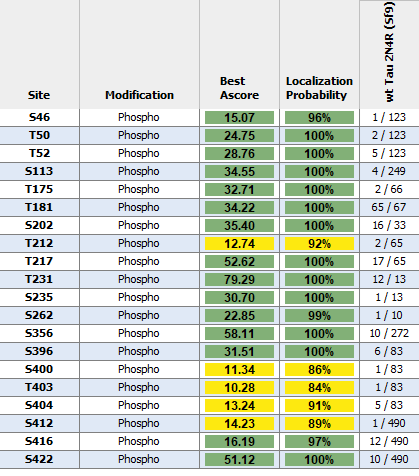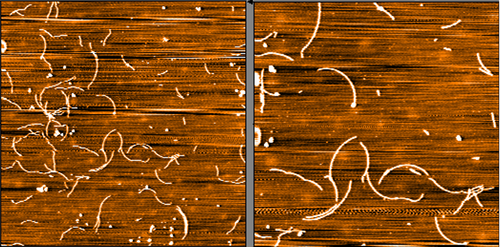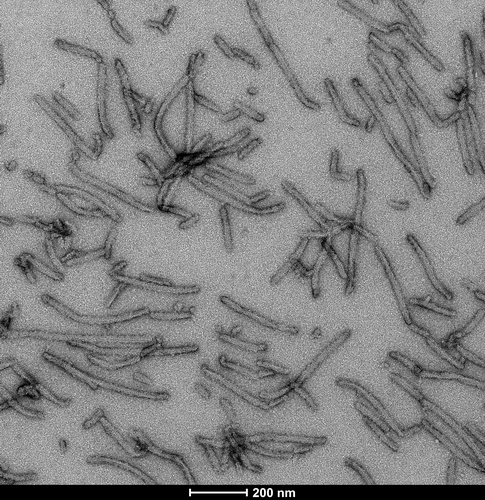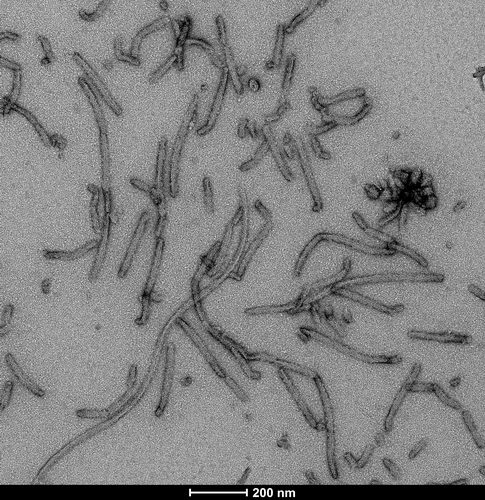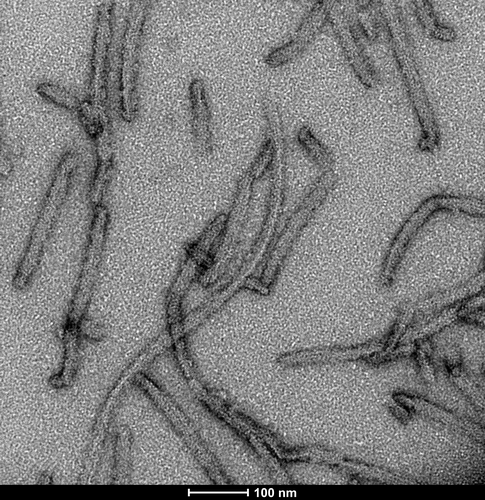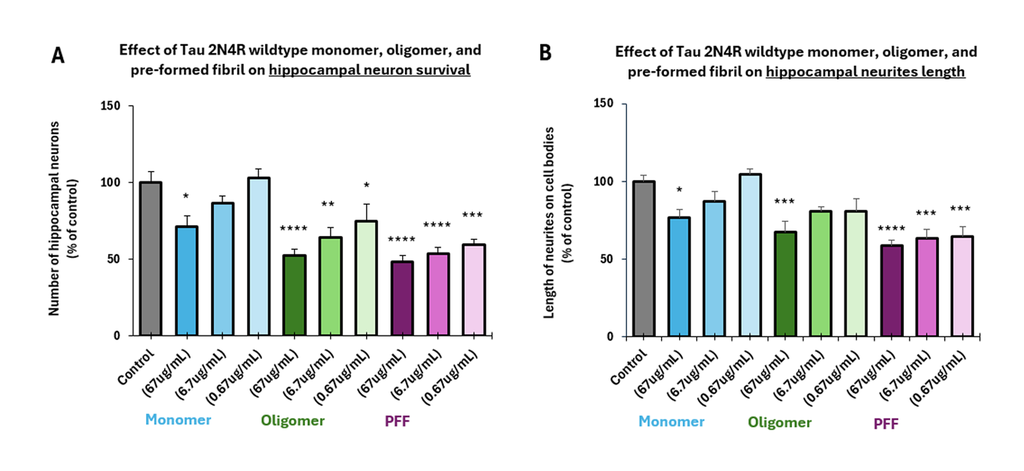Alzheimer’s Disease
What is Alzheimer’s disease?
Alzheimer’s disease is a progressive neurodegenerative disease, that accounts for up to 70% of dementia cases. It is characterized by short term memory loss at the early stages of the disease. As the disease progresses new symptoms such as language difficulties, disorientation, and mood swings arise.
The symptoms of Alzheimer’s disease are due to the widespread death of neurons in the brain. The mechanism by which cell death is triggered remains unknown, although research has shown that ERK1/2 activation mediates amyloid beta oligomer-induced neurotoxicity and leads to neuronal degeneration.
Extracellular accumulation of amyloid plaques and neurofibrillary tangles are clear hallmarks of the disorder in the brains of patients. The cleavage of amyloid precursor protein (APP) results in the formation of amyloid beta fibrils. These amyloid fibrils then form extracellular clumps referred to as plaques.
The expression of voltage-gated potassium channel Kv3.4 has been found to be up-regulated in the early stages of Alzheimer’s disease.
Alzheimer’s disease research requires a great diversity of life science products to investigate new methods for diagnosis and treatment. We are dedicated to developing cutting edge research products to aid in the study of Alzheimer’s disease and neurodegeneration, including fibrillar, oligomeric, and monomeric protein constructs for tau, amyloid beta, and more. We also offer a range of antibodies, immunoassays, and small molecules for studying Alzheimer’s disease.
View all Alzheimer’s Disease Products
